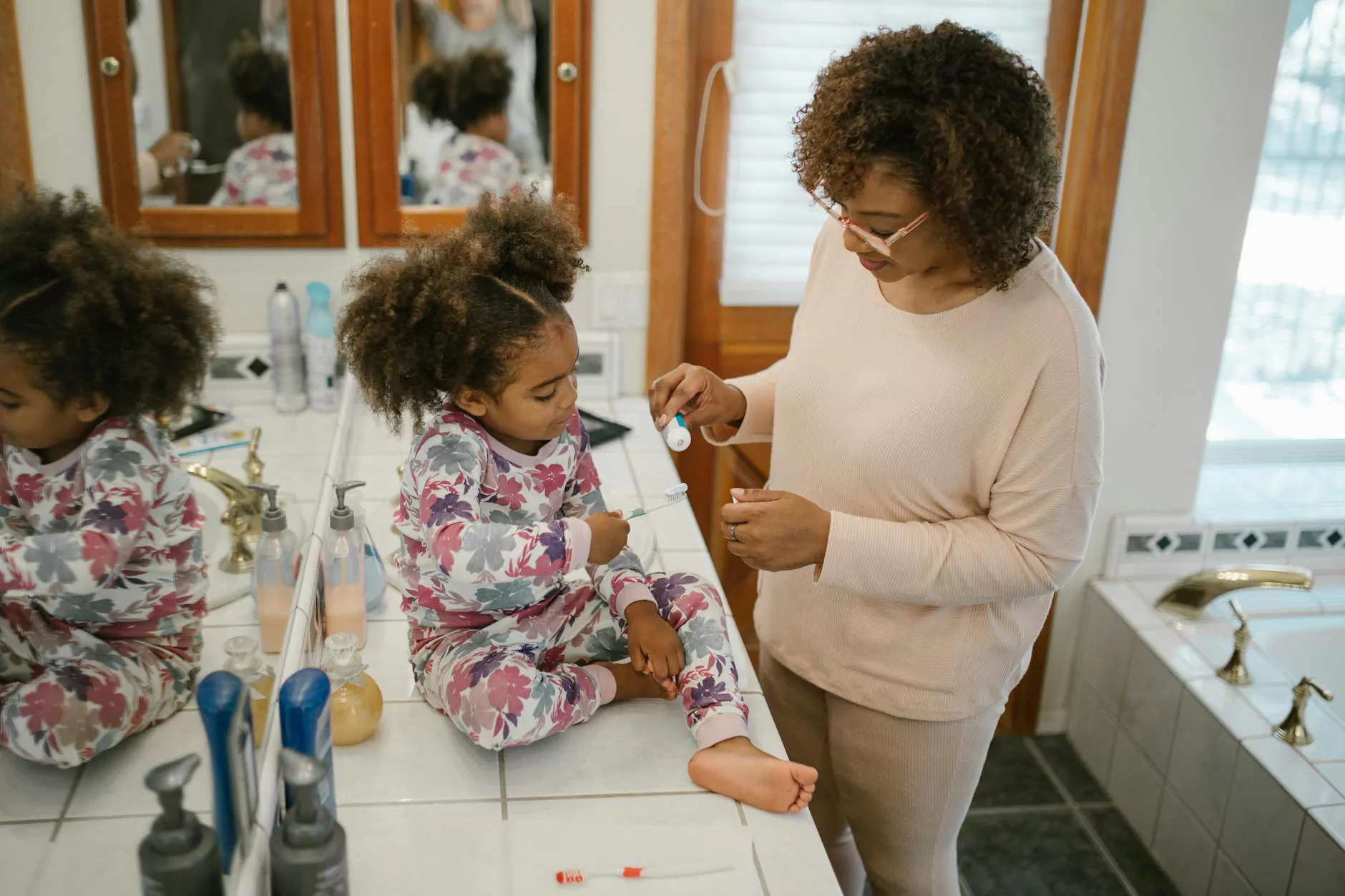Understanding Mobile Dental Unit Costs

In today's dynamic healthcare environment, there is a rising demand for flexible and accessible dental services. Mobile dental units have emerged as a viable solution, offering dental care to underserved communities while providing practitioners with the ability to expand their service areas. This article aims to delve into the intricacies of mobile dental unit cost, offering insights that can aid dental professionals and organizations in making informed decisions.
What is a Mobile Dental Unit?
A mobile dental unit typically refers to a fully equipped vehicle or trailer that houses dental equipment and supplies, allowing dental professionals to provide care in various locations. These units are designed to deliver comprehensive dental services including examinations, cleanings, x-rays, and surgeries. The flexibility offered by mobile units is invaluable, especially in regions where traditional dental access is limited.
Key Benefits of Mobile Dental Units
- Increased Accessibility: Mobile units allow for dental care in areas with little to no access to dental facilities.
- Community Outreach: They provide valuable services to schools, nursing homes, and community centers, promoting oral health awareness.
- Lower Operating Costs: Overhead costs may be lower compared to maintaining a permanent facility.
- Flexibility in Services: These units can cater to different dental needs based on the location and demographic.
Factors Affecting Mobile Dental Unit Costs
The cost of a mobile dental unit can vary widely based on several factors. Understanding these elements can help dental practices budget effectively and maximize their investment.
1. Type of Mobile Dental Unit
Mobile dental units come in various configurations. The most common types include:
- Custom-built Clinics: Designed from the ground up, these units can be tailored to specific needs but come with higher costs.
- Retrofitted Vehicles: Existing vehicles can be transformed into mobile clinics, often at a lower cost than custom builds.
- Pre-manufactured Trailers: These units offer a balance between cost and functionality but may have limitations in customization.
2. Equipment and Technology
The equipment installed in the mobile unit significantly contributes to the overall mobile dental unit cost. Key equipment includes:
- Dental Chairs: Comfortable and versatile chairs that can accommodate various procedures.
- X-ray Machines: Digital x-ray systems are preferred for their efficiency and accuracy.
- Sterilization Machines: Essential for maintaining hygiene and complying with health regulations.
- Basic Dental Tools: Equipment including suction, handpieces, and diagnostic tools.
3. Operational Costs
Ongoing expenses are also a critical aspect to consider:
- Fuel Costs: Expenses related to traveling to various locations can accumulate quickly.
- Insurance: Adequate liability insurance is critical for mobile practices.
- Maintenance: Regular maintenance is essential to keep the vehicle and equipment in optimal working order.
- Salaries: Wages for the dental team, including dentists, hygienists, and administrative staff.
Estimating the Costs of Mobile Dental Units
The cost of mobile dental units can range significantly based on the factors mentioned. Broadly, the costs can be categorized as follows:
Initial Investment
A typical initial investment for a mobile dental unit can range from $100,000 to $300,000. This includes the cost of the unit itself along with the essential dental equipment.
Monthly Operational Costs
Monthly operational costs can range from $3,000 to $10,000, depending on factors such as location, staffing, and frequency of service. Here's what to consider:
- Fuel and Travel: Depending on the distance traveled, this can be a significant expense.
- Supplies and Inventory: Regular purchase of dental supplies and materials needed for services.
- Marketing and Outreach: Engaging local communities often involves marketing efforts and outreach programs.
- Staff Training: Continuous education and training are essential for maintaining high-quality care.
Funding and Financial Options
Dental practices looking to invest in a mobile dental unit may explore various financing options:
- Bank Loans: Traditional bank loans can provide the necessary capital with structured repayment terms.
- Grants: Some organizations and non-profits offer grants specifically for mobile health initiatives.
- Leasing Options: Leasing can reduce the initial investment burden, allowing practices to pay over time.
- Partnerships: Collaborating with local governments or health organizations can provide financial support and shared resources.
Conclusion: The Value of Investing in a Mobile Dental Unit
Investing in a mobile dental unit can be a transformative decision for any dental practice. By considering the mobile dental unit cost and the benefits it offers, practitioners can align their services with community needs, ultimately leading to improved oral health outcomes. Accessibility, flexibility, and capacity to reach underserved populations underscore the value of mobile dental care.
Take Action Today
If you are contemplating integrating a mobile dental unit into your practice, conduct thorough research, evaluate your specific needs, and consult with industry experts. The resources you invest today can lead to greater community impact, enhanced dental service delivery, and ultimately, a healthier population.
For more information, visit mobileclinic.healthcare.








